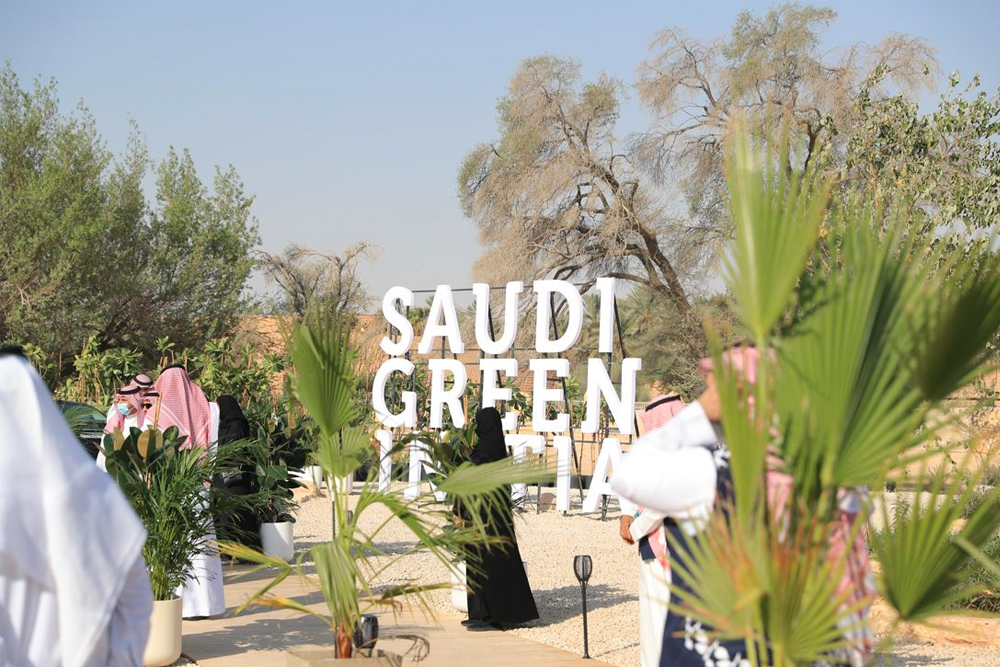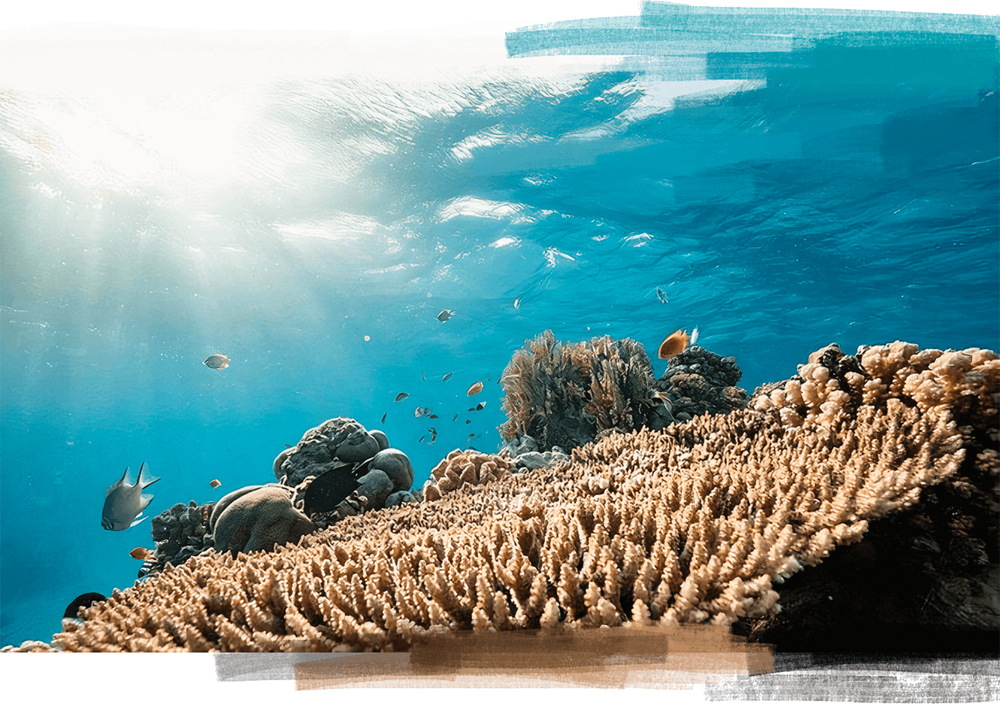
In a world marked by centuries of human abuse and disregard for the delicate balance of biodiversity, Saudi Arabia emerges as a shining example of environmental stewardship. On this World Environment Day, the Kingdom takes center stage, showcasing its efforts to restore the planet's equilibrium and protect its diverse natural environments.
Rewilding—the reintroduction of species into native habitats—is a pillar of Saudi's wildlife conservation efforts. In #AlUla's Sharaan Nature Reserve, this strategy is beginning to bear fruit; gazelles recently released are already breeding in the wild. https://t.co/TxJi1rsht2 pic.twitter.com/HphFGAwvPf
— Saudi Green Initiative (@Gi_Saudi) May 9, 2021
Since its establishment in 1973, World Environment Day has served as a global platform for environmental outreach, rallying governments and individuals alike to protect our planet. Today, Saudi Arabia stands at the forefront of this movement, with its ambitious national plan—the Saudi Green Initiative (SGI)—taking up the mantle to combat climate change, improve quality of life, and safeguard the Earth for future generations.
The SGI, launched in 2021, encompasses a range of initiatives aimed at environmental protection, energy transition, sustainability programs, and more. It has become the driving force behind ambitious projects, corporate ecological targets, and social responsibility goals, firmly establishing the principle of conservation within the nation's consciousness.

Central to the SGI is the commitment to protect 30 percent of Saudi Arabia's terrestrial and marine areas by 2030. The Kingdom has already made significant strides, currently safeguarding 66,000 square kilometers of land and sea. Sustainable development is at the heart of Saudi Arabia's vision. NEOM, the Kingdom's flagship giga-project, epitomizes this commitment, embedding sustainable development in its core values. Sustainable development, a multidimensional concept, encompasses economic welfare, environmental integrity, and social enrichment.
NEOM's conservation mission is ambitious and innovative, setting its sights on "re-greening" and rewilding. NEOM is actively planting native vegetation and mitigating the impact of livestock on its landscape and by 2030, the project aims to plant 100 million shrubs, trees, and plants, with over 100,000 already taking root. Meanwhile, rewilding efforts seek to reintroduce native species and create self-sustaining ecosystems.

Dr. Paul Marshall, head of Nature Region at NEOM, explained that animal distribution modeling, food source analysis, and comprehensive assessment of release environments all contribute to the success of NEOM's rewilding project. By restoring balance to the ecosystem, NEOM aspires to create a vibrant and thriving habitat for the Nubian ibex, Arabian sand gazelle, mountain gazelle, and Arabian oryx—species that once flourished in the region.

For Saudi Arabia, marine conservation, an urgent scientific concern worldwide, is particularly vital in a country that borders the Red Sea—one of the warmest and saltiest seas on the planet. The King Abdullah University for Science and Technology (KAUST) harnesses the Red Sea's unique ecological landscape, conducting research that sheds light on the challenges faced by our oceans and the mechanisms that enable marine life to adapt.

KAUST's Red Sea Research Center focuses on the careful management of this national treasure, paying close attention to fisheries and habitat restoration. KAUST also plays a pivotal role in educating future leaders in marine science, equipping them with the necessary tools and expertise to tackle environmental issues head-on.

















